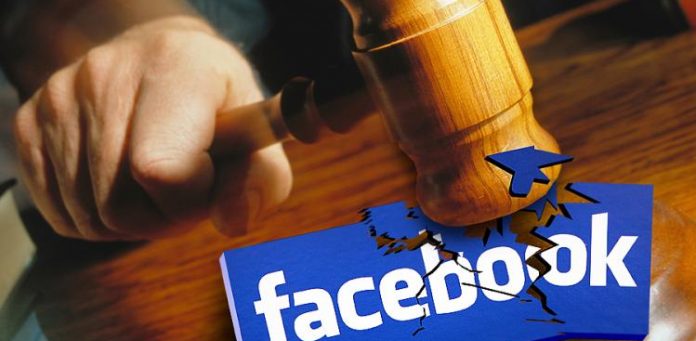The Federal Trade Commission recently filed an antitrust case against Facebook, adding more details that the Big Tech company is crushing its competitors and buying its rivals. The FTC’s case is one of the biggest suits brought against a tech company, as those in Washington continue to fight against Big Tech’s market power.
“Despite causing significant customer dissatisfaction, Facebook has enjoyed enormous profits for an extended period of time suggesting both that it has monopoly power and that its personal social networking rivals are not able to overcome entry barriers and challenge its dominance,” the amended complaint reads.
The FTC requests that the social media giant should sell Instagram, along with WhatsApp. They added 80 pages of complaints about Facebook’s anticompetitive behavior and claimed them of being a monopolist. This is the second suit from the FTC against Facebook. A D.C district judge dismissed an initial suit back in December of 2020 claiming that there was not a sufficient amount of evidence to claim that Facebook violated any antitrust laws. It’s been eight months since that suit and Facebook is worse than ever.
The FTC announced the lawsuit after a 3-2 vote to refile the complaint. Holly Vedova, FTC Bureau of Competition Acting Director, states how Facebook lacked the “business acumen” and “technical talent” to survive the transition to mobile. She said Facebook just “illegally bought or buried” new innovators when their popularity became an existential threat to the company. She said this has “degraded” the social media experience. Users are subjected to lower levels of privacy and data protection while receiving more intrusive ads in their feed. Not to mention Facebook’s corrupt fact-checkers and political censoring.
“This conduct is no less anti-competitive than if Facebook had bribed emerging app competitors not to compete. The antitrust laws were enacted to prevent precisely this type of illegal activity by monopolists. Facebook’s actions have suppressed innovation and product quality improvements.
A Facebook spokesperson announced that they will be reviewing the amended suit and have more to say soon. They have until Oct. 4 to respond. Another company spokesman shared that Facebook would continue to fight against the FTC and despite the court’s dismissal of the complaint. He said it lacked the “basis for a claim” and that their platform policies with WhatsApp and Instagram remain lawful.
An expanded portion of the complaint argues that Facebook dominates more than 65% of the personal social networking market, and has been since 2012. They bought Instagram in 2012 for $1 billion and WhatsApp in 2014 for $19 billion.
Antitrust experts said that the court might have a harder time ordering the sale of Instagram or WhatsApp because they were purchased many years ago. Seth Bloom of Bloom Strategic Counsel, however, said the FTC’s second suit is a “better complaint” because it highlights the specificity of Facebook’s dominance in social networking.
Alex Harman of consumer rights group Public Citizen said that the refiling of the case should be a message to Facebook and other monopolists that “there is a new sheriff in town and the party is over.”
Karma is coming for Facebook – and it comes in the form of repealing Section 230.


